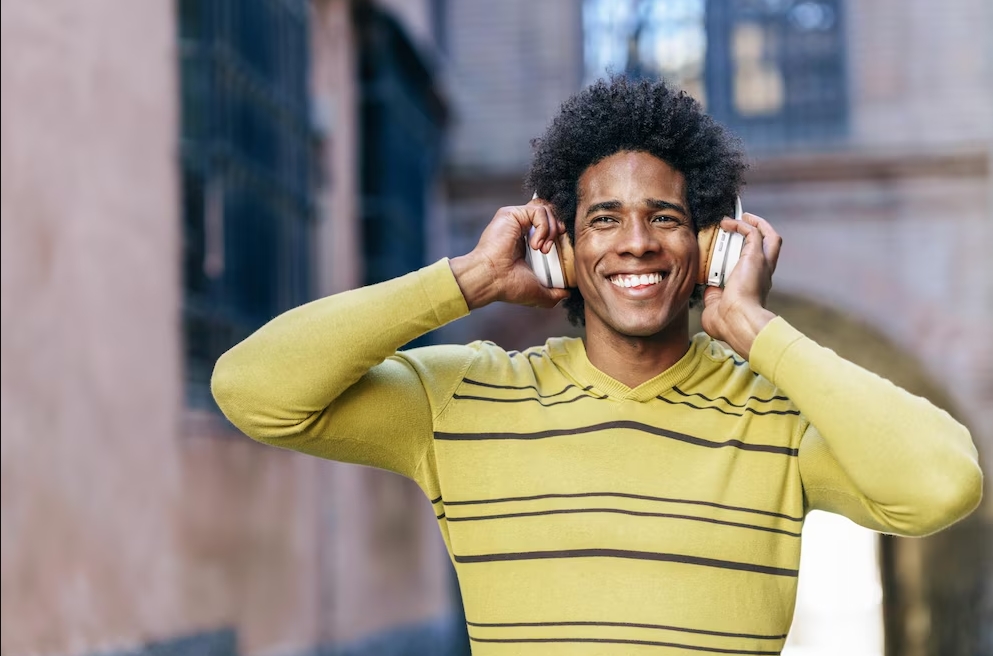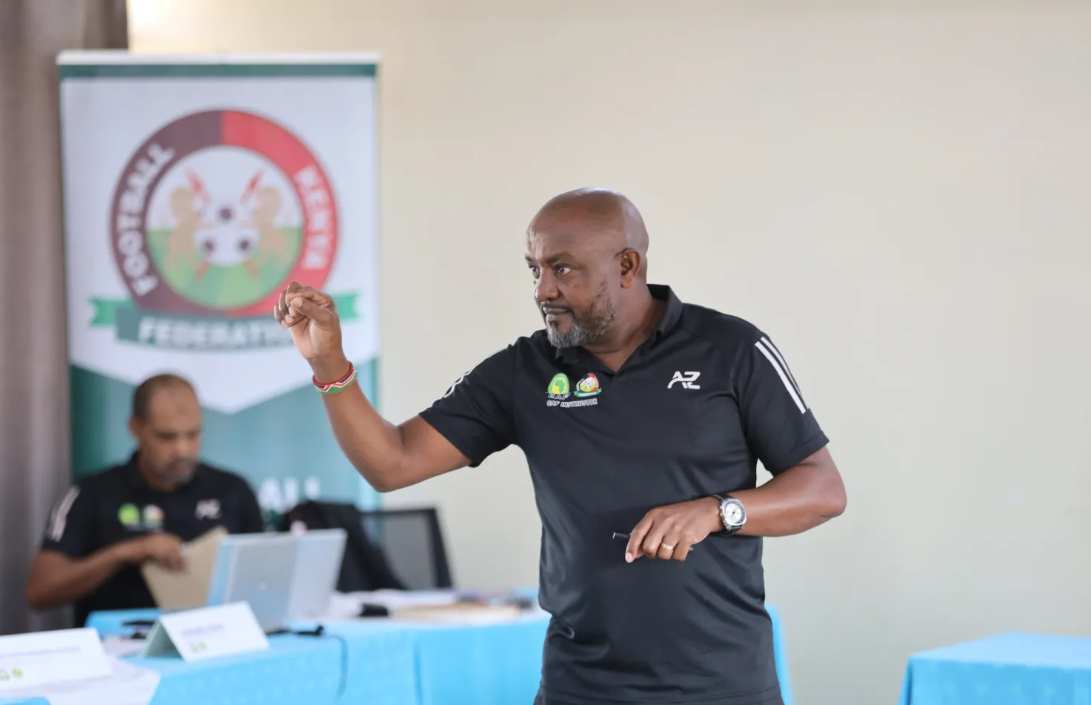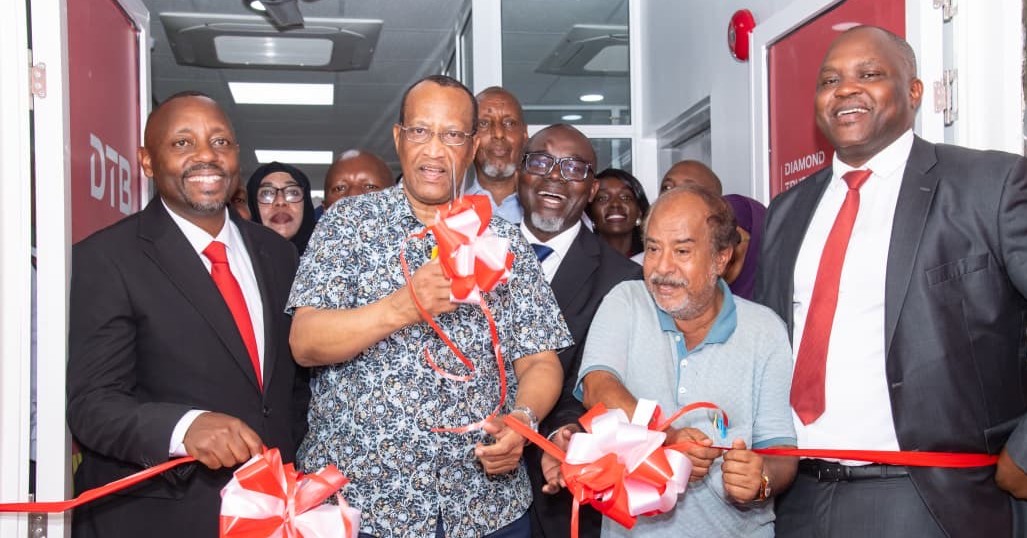Sharing a similar music taste can spark romantic attraction - study

Study suggests that when we listen to music, we do not simply hear it; we physically and emotionally become it.
Ever caught yourself tapping your foot to a beat without even thinking?
Or felt like a certain song just understands you, even if you do not understand what they are saying?
More To Read
- Why industry-standard labels for AI in music could change how we listen
- Spotify's Android app freezing, crashing for users on Wi-Fi
- Spotify’s new ‘mix’ tool turns playlists into DJ sets
- TikTok launches new features to spotlight, credit songwriters
- Spotify’s new ‘upcoming releases hub’ makes music discovery easier for fans
- Spotify debuts AI DJ in Kenya with personalised music, smart commentary for premium users
According to new 2025 research, published under the Musical neurodynamics in the Nature Reviews Neuroscience, it is not just in your head; your whole body feels that rhythm.
The groundbreaking international study suggests that when we listen to music, we do not simply hear it; we physically and emotionally become it, and this could be the reason why certain genres feel like home while others do not move us at all.
“Music is powerful not just because we hear it, but because our brains and bodies become it,” said Professor Caroline Palmer, a psychologist at McGill University and one of the study’s lead researchers.
“Our brain’s natural rhythms actually align with the music, creating a full-body experience.”
The theory suggests we do not enjoy music simply because we have learned to. Instead, our brains naturally tune in and move with the rhythm, melody, and harmony.
It is as if your brain is dancing along, even when you are not, expecting something or just flowing with the music current and seeing where it takes you.
That is why when a reggae kicks in, slow, steady, with a deep bassline, your body might start to sway without you even realising. It just feels right because your brain is literally resonating with the sound.
Lead researcher Edward Large from the University of Connecticut explains that this resonance helps shape how we experience timing, musical pleasure, and even the urge to move.
And the beauty of it? These patterns exist in all of us, regardless of our musical background. Whether you grew up listening to Somali dhaanto, genge or global pop. Our brains are wired to connect with rhythm, making music a universal language that speaks to something deep inside us.
That might explain why someone in Eastleigh feels deeply connected to Somali dhaanto or qasida, while someone else in Nairobi might feel most alive when listening to Amapiano or Afrobeat.
Music, as it turns out, is less about personal taste and more about how our individual identities, emotions, memories, even body rhythms, align with what we hear.
This connection can be so strong that it influences not just how we feel, but even who we connect with. Sometimes, sharing a similar musical taste can spark romantic attraction, as people are often drawn to others whose musical preferences resonate with their own sense of self.
But this is not just about vibing to your favourite tunes, the implications are huge.
The researchers also believe this understanding of music’s effect on the body could be used in therapies for stroke recovery, Parkinson’s disease, and even depression.
There is also talk of using it to create emotionally intelligent AI that can respond to music the way humans do, and to develop better ways of teaching rhythm and pitch.
“Rather than being something we learn, music connects with who we are,” Palmer said. “And it’s something that resonates across all cultures.”
So next time you find yourself swaying to the beat of a taarab or losing yourself in the soulful hum of a jazz saxophone, remember it is not just your ears doing the work.
Your entire being is in rhythm, because music is not just sound, it is a shared, living experience.
Top Stories Today













































